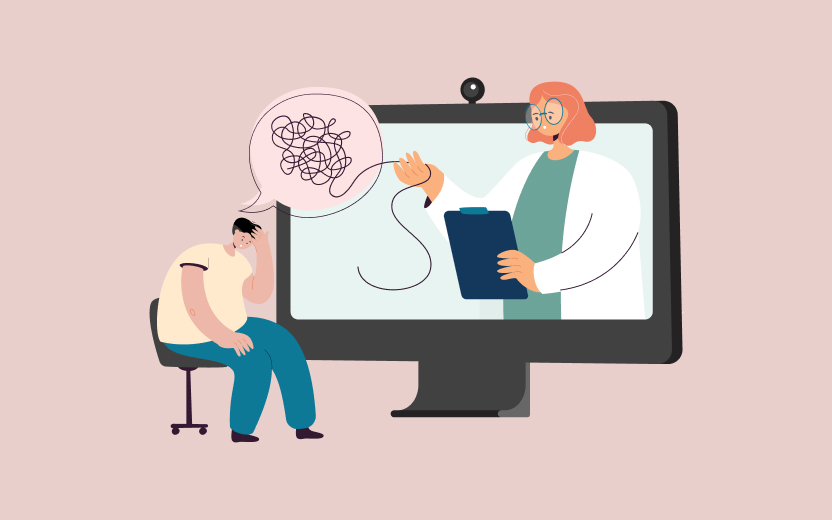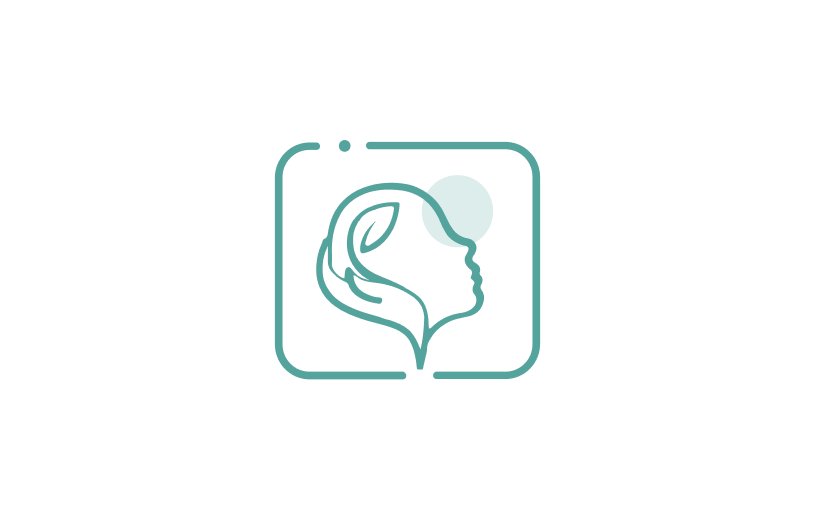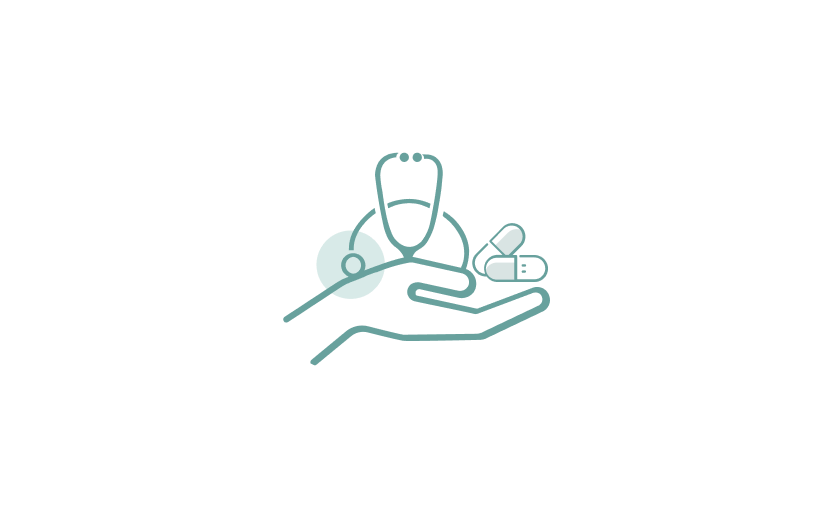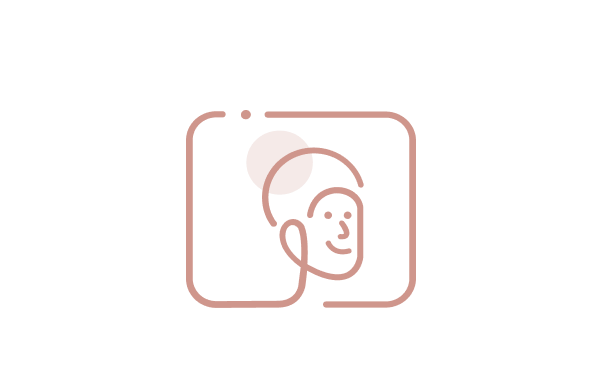Autism Spectrum
Do you or a loved one experience challenges with social interaction, communication, and sensory processing? MediPsych understands the unique needs of individuals with autism spectrum disorder (ASD) and provides tailored support and therapies to help navigate daily life.
What is Autism?
Imagine a world where every sound, touch, and visual stimulus feels overwhelming and confusing. That’s what it can feel like for someone with Autism. This neurodevelopmental disorder affects social interaction, communication, and behavior, making it challenging to navigate everyday life and connect with others.
Autism, also known as Autism Spectrum Disorder (ASD), is a lifelong condition that begins in early childhood. It is characterized by a wide range of symptoms and varying degrees of severity. Autism can coexist with other conditions, such as ADHD, anxiety disorders, and intellectual disabilities.
Without the appropriate support and understanding, individuals with Autism can face significant difficulties in everyday life. Social interactions may be challenging, communication might be hindered, and sensory sensitivities can cause distress. However, with the right interventions and accommodations, individuals with Autism can lead fulfilling and meaningful lives.
leading Symptoms
The Spectrum of Autism
Autism is a spectrum disorder, which means it encompasses a wide range of symptoms and functional abilities. Some individuals may require support with everyday tasks, while others may excel in specific areas. The spectrum includes:

Level 1 (Requiring Support)
Individuals with Level 1 Autism may need some support to navigate social situations and may display inflexible behaviors or restricted interests.

Level 2 (Requiring Substantial Support)
Those with Level 2 Autism often face significant impairments in communication and social interaction, requiring substantial support for daily functioning.

Level 3 (Requiring Very Substantial Support)
At this level, individuals have severe impairments in communication and social interaction, often necessitating very substantial support for virtually all areas of life.
Do you think you might have Autism?
Take the self-assessment
I often
- often
- rarely
- sometimes
have severe mood swings and find it difficult to control my emotions
most of the time
- most of the time
- regular intervals
. I
sometimes
- always
- sometimes
- rarely
have a hard time concentrating and get between
4-5 hours
- 4-5 hours
- 5-6 hours
sleep each night.
- often
- rarely
- sometimes
- most of the time
- regular intervals
- always
- sometimes
- rarely
- 4-5 hours
- 5-6 hours
What symptoms to look out for
-
Children Symptoms of autism in children often include difficulties in social interaction, such as avoiding eye contact, difficulty understanding and responding to social cues, and challenges in forming relationships or engaging in imaginative play. They may also exhibit repetitive behaviors or restricted interests, have delayed or limited speech development, and show resistance to changes in routine.
-
Adolescents Adolescents with autism may continue to struggle with social interactions, finding it challenging to understand nonverbal communication, engage in reciprocal conversations, or form friendships. They may also have intense or obsessive interests, exhibit repetitive behaviors, and experience difficulties with transitions or changes in routine. Additionally, they may face academic challenges and require support for skill development and independence.
-
Adults In adulthood, individuals with autism may still have difficulties with social interactions, such as maintaining relationships, understanding social expectations, or expressing emotions. They may have limited interests or engage in repetitive behaviors, experience sensory sensitivities, and face challenges in employment or independent living.



Schedule an appointment to be assessed for Autism
Unmasking Autism:
Diagnosis
Obtaining a diagnosis of Autism involves a comprehensive evaluation by a qualified clinician who specializes in developmental disorders. The assessment considers a wide range of factors, including the individual’s behavior, communication skills, and developmental history. It is essential to work with professionals experienced in diagnosing Autism to ensure an accurate evaluation.
Treatment
Finding Relief
While there is no cure for Autism, various interventions can help individuals with Autism navigate the challenges they may face.

Applied Behavior Analysis (ABA)
ABA therapy focuses on improving specific skills and behaviors by using positive reinforcement. It can be particularly helpful for children with Autism in improving social, communication, and daily living skills.

Speech
Therapy
Speech therapy aims to improve communication and language skills, including verbal and non-verbal communication.

Occupational Therapy
Occupational therapy focuses on improving daily living skills, fine motor skills, and sensory integration.

Social Skills Training
Social skills training helps individuals with Autism learn and practice appropriate social interactions, including understanding emotions and non-verbal cues.
